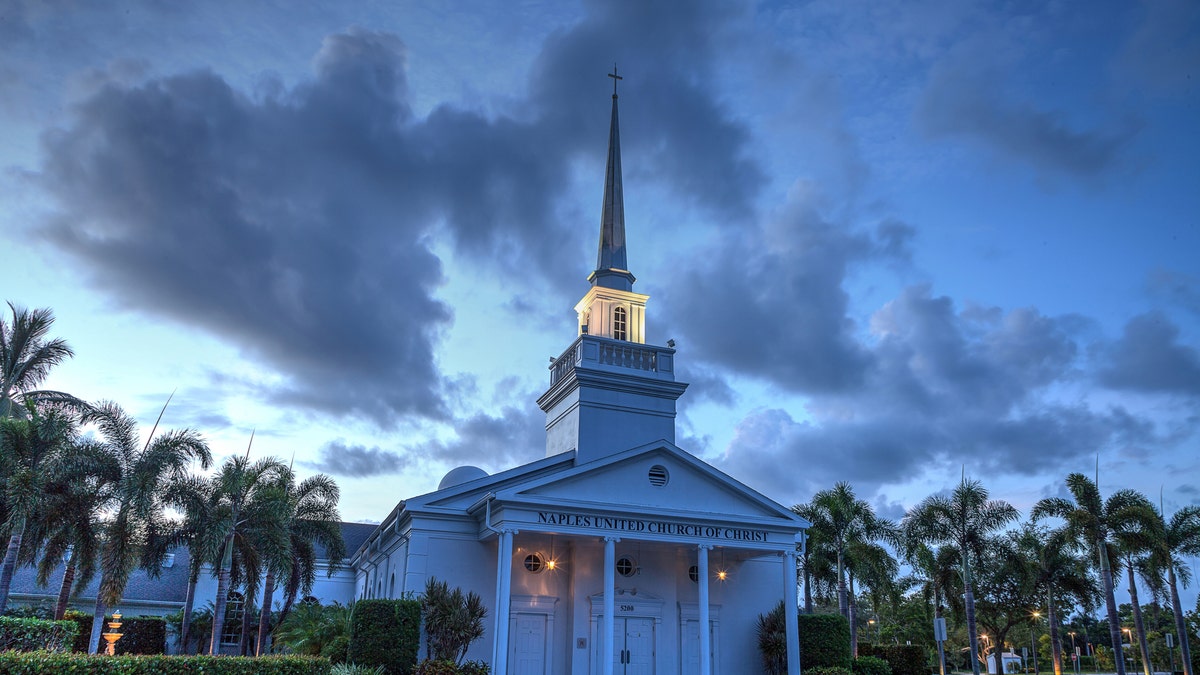Fox News Flash top headlines for June 23
Fox News Flash top headlines are here. Check out what's clicking on Foxnews.com.
Churches are closing at a record pace in the U.S. as less than 50% of Americans are saying they are members of a church.
"Sometimes you got to ask yourself the question, ‘Are we doing the good Lord’s work by just keeping the doors open?’" said Paul Coston, who was the minister of the Ragsdale Church of Christ in Tennessee before it closed earlier this year, according to WTVR.
Coston's church is one of many across the country that have closed in recent years, with fewer and fewer Americans opting for membership.
Small-town churches have been particularly hard hit by the trend, having previously served as the cultural center of small communities that have since declined or been consolidated into larger metropolitan areas in recent years.
POPE FRANCIS PREACHES ON 'FRAILTY,' 'OLD AGE' AMID HEALTH CONCERNS
"Church membership trends mirror white population trends in the United States," said Kristina Lizardy-Hajbi, a professor at Denver’s Iliff School of Theology. "You had 100 children in Sunday school. You had adults whose not only religious lives but professional and civic lives were related to the church itself."

Night over the Naples United Church of Christ in Naples, Florida. (LagunaticPhoto via Getty Images)
Coston said that the Ragsdale Church of Christ used to be one of those churches at the center of a small community, but now people are more apt to drive to churches in the nearby Manchester, Tenn., area.
"We have people who’ll drive 30 minutes to Murfreesboro for a hamburger. If they’ll drive 30 minutes for a hamburger, they will drive five miles to worship God," Coston said.
Ultimately, the lack of people attending the church forced Coston into a tough decision after serving as a minister at the church for nearly 20 years.
"You can’t have a church with eight people," Coston said.
But while church membership attendance declines across the country, many Americans still identify as religious or believe in a higher power.
According to a Pew Research Poll, four out of five Americans believe in God, while nine out of 10 believe in a higher power.
CLICK HERE TO GET THE FOX NEWS APP
Lizardy-Hajbi said the poll shows that religion is still important despite the decline in church membership.
"It doesn’t necessarily mean that religion is dying," Lizardy-Hajbi said.


